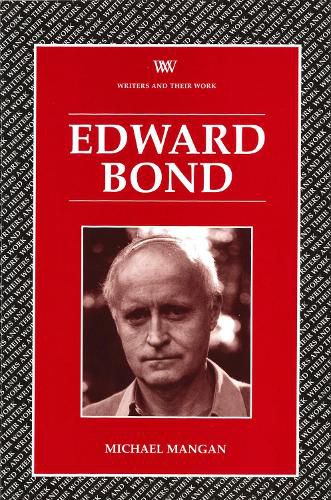Readings Newsletter
Become a Readings Member to make your shopping experience even easier.
Sign in or sign up for free!
You’re not far away from qualifying for FREE standard shipping within Australia
You’ve qualified for FREE standard shipping within Australia
The cart is loading…






Edward Bond has been, since his controversial arrival on the theatrical scene in 1965, one of Britain’s most distinctive and important theatre writers. This study examines his work, from The Pope’s Wedding (1962) to Coffee (1995). It gives an overview of the development of his distinctive dramatic language and style, and looks at his experiments with various theatrical forms and genres. It examines, too, the ways in which Bond’s insistence upon the necessity of the drama as an agent of social evolution have determined his development as a dramatist. There are sections which situate Bond’s work within its wider theatrical and political contexts, and which explore his concerns with issues such as violence, technology and social evolution, as they are expressed in plays such as Saved (1965), and Lear (1971). The study also deals with Bond’s continual dialogue with our cultural history - with the ways in which he rewrites classic plays and plunders familiar theatrical genres in order to demythologize th
$9.00 standard shipping within Australia
FREE standard shipping within Australia for orders over $100.00
Express & International shipping calculated at checkout
Edward Bond has been, since his controversial arrival on the theatrical scene in 1965, one of Britain’s most distinctive and important theatre writers. This study examines his work, from The Pope’s Wedding (1962) to Coffee (1995). It gives an overview of the development of his distinctive dramatic language and style, and looks at his experiments with various theatrical forms and genres. It examines, too, the ways in which Bond’s insistence upon the necessity of the drama as an agent of social evolution have determined his development as a dramatist. There are sections which situate Bond’s work within its wider theatrical and political contexts, and which explore his concerns with issues such as violence, technology and social evolution, as they are expressed in plays such as Saved (1965), and Lear (1971). The study also deals with Bond’s continual dialogue with our cultural history - with the ways in which he rewrites classic plays and plunders familiar theatrical genres in order to demythologize th